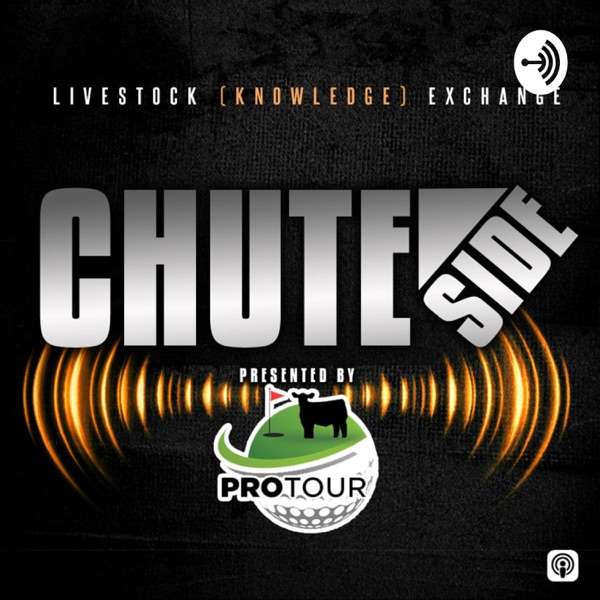Welcome to Tiny Bites from the Food Blogger Pro Podcast! This week on the podcast, Bjork interviews Ewen Finser from Venture 4th Media about the recent Google algorithm updates.
-----
Google has been… very busy in Q3 and Q4 of 2023. If the updates feel nonstop, it's because they have been:
Some of these updates may impact your site traffic positively, some may impact your site traffic negatively, and some may have no real impact. But every update tends to cause some unease for online creators. So what can you do about them?
What exactly is the Google algorithm and why is it updated?
The Google algorithm is essentially how Google indexes and categorizes all of the content that is published online. You can also think of it as Google's ever-changing thesis on what constitutes 'good' or 'valuable' content.
Updates occur in response to new information Google has, tweaks to what they think is valuable, and/or how they measure or evaluate content. The algorithm is constantly changing and evolving.
As Ewen mentions in the interview, Google released their most recent Helpful Content Update and used AI to determine if entire sites were helpful or not helpful (while previous updates tended to be on a post-by-post basis). If a certain percentage of your content is deemed unhelpful, your content will be deprioritized in the algorithm. This update did not include rewarding helpful sites, but rather penalizing unhelpful sites.
How should you approach the Google algorithm updates?
The #1 thing you can do to anticipate and respond to Google algorithm updates is to focus on creating high-quality, user-first content. There will be ebbs and flows with every Google update — know that if your traffic goes down with one update, it might go up with the next update. Because of this, it's important to avoid huge course corrections after updates.
But what if your site was negatively impacted and you can't figure out why? Ewen has noticed a few takeaways from the recent Google algorithm updates that might explain why:
- Older sites tend to perform better.
- Market leaders tend to perform better.
- User experience with display ads may play a role.
- Topical relevance matters (i.e. does your content cover too broad of a subject matter? Do you have gaps in your content?)
How should you respond to Google algorithm updates?
The first thing to do after any update is to let the dust settle. It usually takes two weeks to roll out an update. Wait to change anything on your site so that you can determine that any traffic changes were, in fact, due to the update (and not just a natural ebb or flow).
Ewen shared lots of great tips for reacting to Google updates and creating content that is more resilient when these algorithm updates do come. Here are a few of our favorites:
- Use data (like from Google Analytics) to inform decisions.
- Experiment and test hypotheses.
- Understand what your audience wants.
- Avoid chasing trends that are only working right now.
- Solve a problem for your audience.
- Follow SEO best-practices.
If you're looking for more concrete suggestions for responding to an algorithm update traffic dip, consider:
- Turning down the ads on your site for a bit, or removing intrusive video ads for a time.
- See if that change has any effect on user experience and/or site traffic.
- Filter through your content and consider the posts that aren't getting any traffic at all.
- Update those posts if they are relevant to your overall content strategy and have the potential for traffic.
- Otherwise, delete/redirect.
- Look at your inventory to assess where you have big gaps in content.
- Consider diversifying your traffic sources (email, social, etc.).
Last, but not least, check out this guide from Google with questions to ask yourself to help you uncover potential opportunities for improving your content.
Thanks, again, to Ewen for joining us on the podcast. We hope this episode provided some additional context, guidance, and encouragement when it comes to Google algorithm updates.
Learn more:
If you have any comments, questions, or suggestions for interviews, be sure to email them to podcast@foodbloggerpro.com.
Learn more about joining the Food Blogger Pro community at foodbloggerpro.com/membership.

 Our TOPPODCAST Picks
Our TOPPODCAST Picks  Stay Connected
Stay Connected







